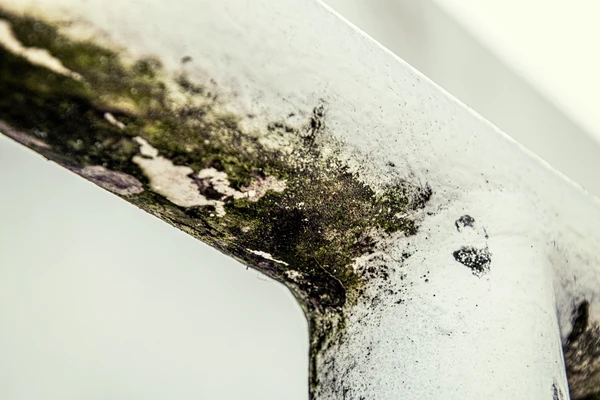Overview
Mold on drywall poses serious health and liability risks for landlords and tenants alike. From respiratory issues to structural damage, unchecked mold growth can compromise your property’s integrity and lead to costly legal claims. This guide will walk you through identifying, removing, and preventing mold on drywall, ensuring a safe environment in your rental properties.
What Causes Mold on Drywall?
Drywall provides an ideal feeding ground for mold due to its organic paper facing and porous gypsum core. Common moisture sources that trigger mold growth include:
- Leaky plumbing: Slow drips behind walls can go unnoticed until mold appears.
- Roof or window leaks: Water intrusion around openings saturates drywall.
- High humidity: Poor ventilation in bathrooms, kitchens, basements, and laundry rooms.
- Flooding and water damage: Standing water soaks into walls and drywall.
Identifying Mold on Drywall
Mold can be visible or hidden behind the surface. Here’s how to spot it:
- Discoloration: Black, green, brown, or white patches on walls.
- Odor: Musty, stale smell, especially near electrical outlets.
- Paint or wallpaper damage: Peeling, bubbling, or cracking surfaces.
- Soft or warped drywall: Weak areas indicate moisture penetration.
Common Types of Mold on Drywall
Recognizing mold varieties helps you choose the right removal method:
- Black Mold (Stachybotrys chartarum): Associated with water damage; can produce harmful mycotoxins.
- Green and Blue-Green Mold (Penicillium, Aspergillus): Often found in damp corners and insulation.
- White Mold: Similar in appearance to efflorescence; test by spraying water—mold will not dissolve.
- Pink Mold (Rhodotorula): Less harmful but indicates humidity issues in showers and sinks.
Essential Safety Precautions
Before tackling mold removal, protect yourself and prevent spore spread:
- Wear an N95 or higher respirator mask.
- Use rubber gloves and eye protection.
- Isolate the area with plastic sheeting.
- Ventilate the room with open windows and exhaust fans.
Removing Mold on Painted Drywall
Painted drywall often limits mold penetration to the surface, making removal easier:
- Fix the moisture source before cleaning.
- Prepare a cleaning solution (bleach, vinegar, or baking soda mix).
- Ventilate the room and protect surrounding areas.
- Lightly spray the solution and scrub with a soft brush.
- Wipe clean and dry completely with a fan.
Removing Mold on Unpainted Drywall
Unpainted drywall requires removing and replacing affected sections:
- Protect floors with plastic sheeting.
- Cut out drywall at least 12 inches beyond visible mold using a utility knife.
- Clean the wall cavity with a mold-killing solution and let it dry fully.
- Install new drywall, tape seams, and finish with joint compound.
- HEPA vacuum surrounding areas to capture loose spores.
When to Call a Professional
Consider professional remediation if:
- Mold covers more than 10 square feet.
- It recurs despite DIY efforts.
- It infiltrates HVAC systems or structural cavities.
- Tenants report mold-related health issues.
Preventing Future Mold Growth
Proactive maintenance is key:
- Control indoor humidity (30–50%) with dehumidifiers.
- Ensure proper ventilation in moisture-prone rooms.
- Inspect plumbing, roofs, and windows regularly.
- Use mold-resistant drywall and paint in high-risk areas.
Final Thoughts
Maintaining mold-free drywall protects tenant health and your investment. By following these identification, removal, and prevention strategies, you can ensure your rental properties remain safe and compliant.
Schedule a free demo of Simpli Management to simplify property maintenance and stay on top of issues before they escalate.

